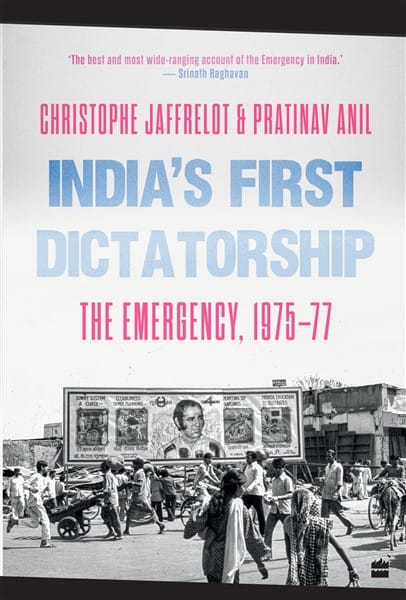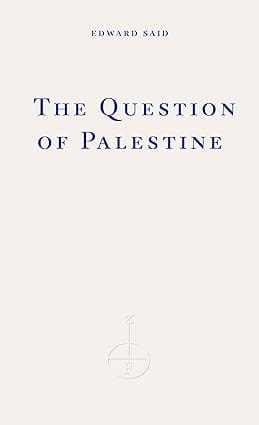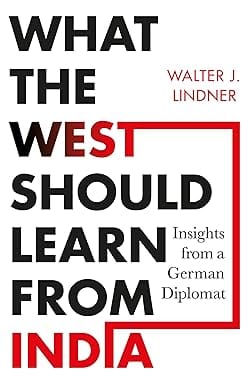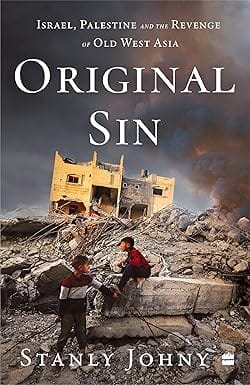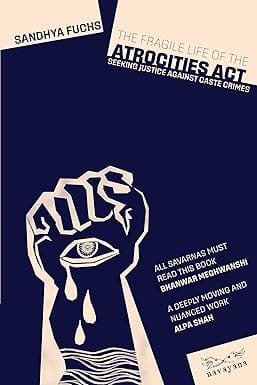- Contemporary Fiction
- Contemporary Fiction
- Children
- Children
- Comics & Graphic Novels
- Comics & Graphic Novels
- Non-Fiction
- Non-Fiction
- Fiction
- Fiction
In June 1975 Prime Minister Indira Gandhi imposed a state of emergency resulting in a 21-month suspension of democracy across India. Christophe Jaffrelot and Pratinav Anil explore this black page in India's history a constitutional dictatorship of unequal impact with South India largely spared thanks to the resilience of Indian federalism.
India's First Dictatorship focuses on Mrs Gandhi and her son Sanjay who was largely responsible for the mass sterilisation programmes and deportation of urban slum-dwellers. However it equally exposes the facilitation of authoritarian rule by Congressmen Communists trade unions businessmen and the urban middle class as well as the complacency of the judiciary and media. Those who resisted the Emergency in the media or on the streets were few in number.
This episode was an acid test for India's political culture. While a tiny minority of citizens fought for democracy during the Emergency in large numbers the people bowed to the strong leader in power even worshipped her. Equally importantly Hindu nationalists were endowed with a new legitimacy. Yet the Emergency was neither a parenthesis nor so much a turning point: but a concentrate of a style of rule that is very much alive today.
9789390351602India's First Dictatorship: The Emergency 1975-1977
SIZE GUIDE
- ISBN: 9789390351602
- Author: Jaffrelot Christophe
- Publisher: HarperCollins
- Pages: 536
- Format: Hardback
Book Description
In June 1975 Prime Minister Indira Gandhi imposed a state of emergency resulting in a 21-month suspension of democracy across India. Christophe Jaffrelot and Pratinav Anil explore this black page in India's history a constitutional dictatorship of unequal impact with South India largely spared thanks to the resilience of Indian federalism.
India's First Dictatorship focuses on Mrs Gandhi and her son Sanjay who was largely responsible for the mass sterilisation programmes and deportation of urban slum-dwellers. However it equally exposes the facilitation of authoritarian rule by Congressmen Communists trade unions businessmen and the urban middle class as well as the complacency of the judiciary and media. Those who resisted the Emergency in the media or on the streets were few in number.
This episode was an acid test for India's political culture. While a tiny minority of citizens fought for democracy during the Emergency in large numbers the people bowed to the strong leader in power even worshipped her. Equally importantly Hindu nationalists were endowed with a new legitimacy. Yet the Emergency was neither a parenthesis nor so much a turning point: but a concentrate of a style of rule that is very much alive today.
User reviews
NEWSLETTER
Subscribe to get Email Updates!
Thanks for subscribing.
Your response has been recorded.

India's Iconic & Independent Book Store offering a vast selection of books across a variety of genres Since 1978.
"We Believe In The Power of Books" Our mission is to make books accessible to everyone, and to cultivate a culture of reading and learning. We strive to provide a wide range of books, from classic literature, sci-fi and fantasy, to graphic novels, biographies and self-help books, so that everyone can find something to read.
Whether you’re looking for your next great read, a gift for someone special, or just browsing, Midland is here to make your book-buying experience easy and enjoyable.
We are shipping pan India and across the world.
For Bulk Order / Corporate Gifting
 +91 9818282497 |
+91 9818282497 |  [email protected]
[email protected]
Click To Know More
INFORMATION
ACCOUNT
QUICK LINKS
ADDRESS
Shop No.20, Aurobindo Palace Market, Near Church, New Delhi

